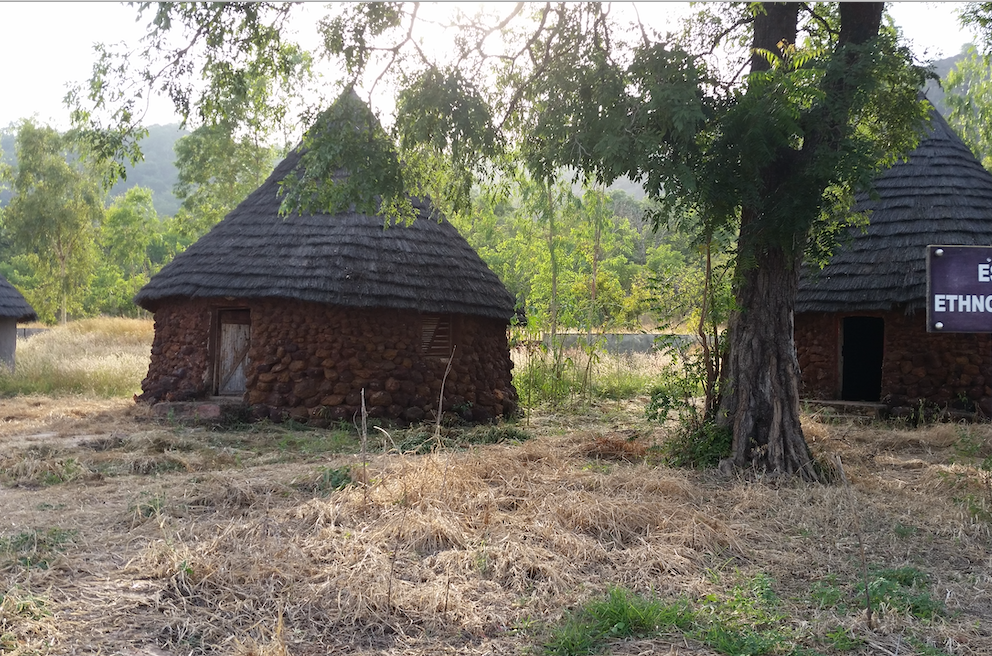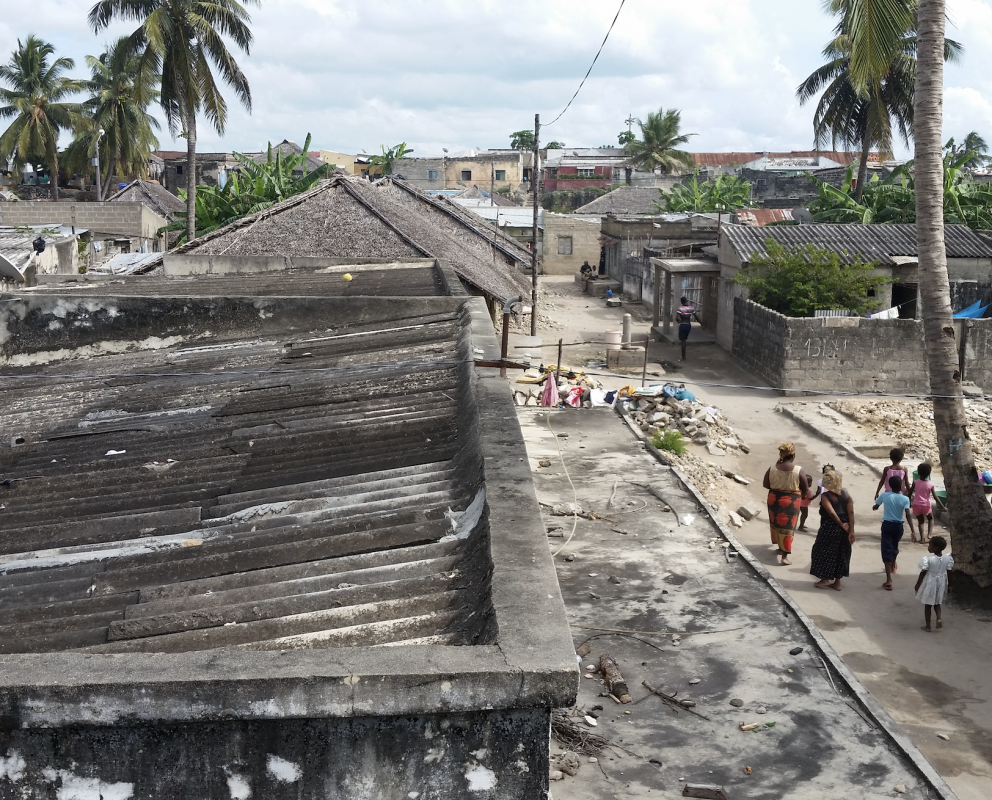Rethinking Heritage for Development: International Framework, Local Impacts
January 2019 — July 2020
Principal and Co-investigators
Sophia Labadi
Research Organisations
Kent University
Funding sources
AHRC
Dates of funding
2019-2020
This 18-month Leadership Fellowship (January 2019-July 2020), led by Professor Sophia Labadi, aims to understand why heritage was marginalised from the Sustainable Development Goals (2015-2030), drawing lessons from past mistakes and presenting recommendations for the greater inclusion of heritage into development frameworks.
Since 2010, the United Nations has adopted no fewer than five major policy recommendations asserting that heritage (and culture) is at the heart of development. Heritage is recognised as a driver and an enabler of development. Yet, of the 169 targets of the Sustainable Development Goals (the latest international framework to tackle global challenges such as poverty, exclusion, human rights violations, and climate change), only Target 11.4 mentions heritage. If heritage is so fundamental to development, why has it been marginalised from the Sustainable Development Goals? What can be done to better include heritage in development frameworks? Why does it matter?
In order to address these questions, Professor Labadi analysed past narratives and projects that aimed to demonstrate the contribution of heritage to development. The study of the past is thus used to explain the current situation. This research is not only relevant for academics. ‘At a time when Research Councils provide generous funding for heritage and the SDGs, it is important to understand the models that make a real difference for marginalized populations’ highlights Professor Labadi.
Starting from 1970, a comprehensive history of international approaches on heritage for development has been drafted, using archives from the UNESCO Headquarters in Paris and the World Bank Headquarters in Washington. Professor Labadi then assessed how these approaches have been implemented, adopted, adapted, transformed and resisted on the ground. All the projects in Sub-Saharan Africa funded through the Millennium Development Goals Achievement Fund, implemented under the Delivering as One UN and led by UNESCO between 2008 and 2013 were considered. These projects, taking place in Ethiopia, Senegal, Mozambique, and Namibia, were intended to provide much-needed evidence for the contribution of heritage (and culture) to development, and to feed into international debates on what would become the Sustainable Development Goals. Very ambitious in their approach, these projects sought to use tangible and intangible heritage for gender equality, poverty reduction, and biodiversity conservation, thereby addressing the three pillars of sustainable development. Desk-based analyses of official project documents and evaluations were combined with in-depth ethnographic work in Mozambique and Senegal, including travelling to project locations to interview hundreds of participants and other concerned stakeholders, ranging from international and national civil servants to regional and local authorities and villagers.
A key output of the research is a single-authored monograph. It starts with identifying issues with project management, the Delivering as One UN reform, and aid effectiveness. A chapter on poverty reduction discusses, among other subjects, the relevance of widely available short-term courses on tourism and craft making at heritage sites. Whether and how tangible and intangible heritage can address stereotypes and discriminations affecting women and ensure their empowerment is addressed in the following chapter. A chapter on heritage and environmental sustainability then critically assesses issues of reforestation, how to balance conservation and development, and the illicit trade in endangered species for arts and crafts. Concrete recommendations are then presented, based on the shortcomings identified, to include more effectively heritage in development frameworks.
A series of meetings targeting international organisations, ministries, and NGOs, will widely disseminate and discuss these conclusions and recommendations. The meetings will take place in Dakar (Senegal) on 4th and 5th June 2020; Maputo (Mozambique) on 16th and 17th July 2020; and in London. Interested participants can contact Professor Labadi directly.
This research project benefited from additional funding from the Caligara Foundation (Italy) towards the cost of a Post-Doctoral Research Associate (Dr Francesca Giliberto). Its official partners are the African World Heritage Fund and ICOMOS-UK.
Close

